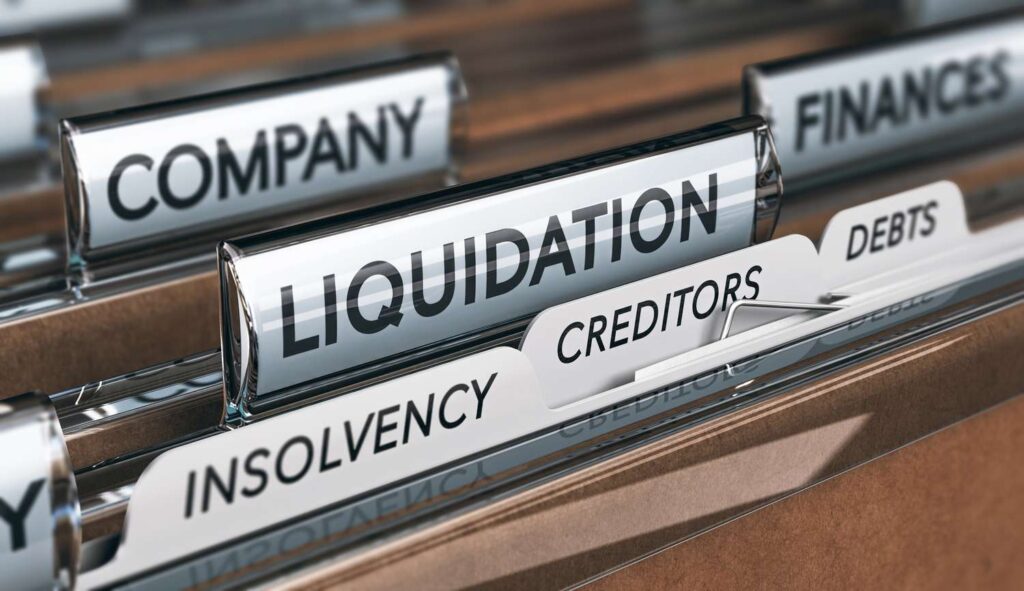Insolvencies at Four Year High

It was reported this week that company insolvencies are the highest they have been in four years; with Directors voluntarily closing up shop. This is due to a rise in Company Voluntary Liquidations (CVL’s). Trading conditions in the UK remain tough after the couple of years of lockdowns. Not to mention the rising cost of materials. Many have decided they’d rather throw in the towel on their own accord than be forced to.
Revealing Insolvency Data
Data published by the Insolvency Service on Tuesday 14th March 2023, showed that the number of registered company insolvencies reached 1,783 last month. That is 17% higher than in the same month of 2022 and one-third higher than in February 2020, pre the pandemic. Additionally, there were 1,505 creditors’ voluntary liquidations, which is 13% higher than February 2022 and 59% higher than before the pandemic.
Higher borrowing costs certainly haven’t helped. Since November last year, the Bank of England has raised interest rates from a record low of 0.1% to 4%, making it more expensive for governments to borrow money. Prices for materials for UK businesses rose at an annual rate of 14.1% in January. Startlingly, this was more than five times the 1985-2020 average.
Additionally, due to rising cost of living, people are reluctant to spend on anything other than the basics. At the same time, the costs of energy, fuel and wages continue to be a major concern for businesses. Especially those facing insolvency.
Business in Distress
Cashflow issues and rising stock are some signs a business is in distress. The earlier Directors seek advice, the more options they have open to address the issues they face. Some more early signs of insolvency include:
- Late payments. If debtors are not making payments as they should, this will have a negative impact on your cash flow.
- Poor business management. Perhaps the business is not being effectively managed and one owner or director is carrying the brunt of the burden.
- Defaulting on bills. A missed bill or two is not a cause for concern, but if the frequency of which it occurs increases, it suggests a business can’t pay its way.
It is key that Directors pay close attention to the early signs of struggle and insolvency, and seek professional advice. If you are a Director who needs professional advice- call us now on 020 7504 1300 to speak to a member of our expert team.
The Grim Truth for Loan Note Holders -79th Luxury Living Six Ltd (LL6)
No assets or safeguards. No clear path to recovery. If you’re one of the many investors who entrusted your money to The 79th Group’s loan…
Read MoreOverdrawn Directors’ Loan Accounts: How to Avoid Trouble
Many company directors borrow money from their businesses through what’s known as a director’s loan account (DLA). In principle, there’s nothing wrong with this, so…
Read MoreDebt Assignment Explained: A Strategic Tool for Creditors
In today’s volatile commercial landscape, unpaid debts can severely undermine cash flow, disrupt operations, and threaten the survival of a business. For creditors facing non-performing…
Read MoreThe 79th Group Administration: What It Means for Loan Note Holders
As The 79th Group enters administration, many loan note holders are left uncertain about what this means for their investment. What happens to the money?…
Read More



